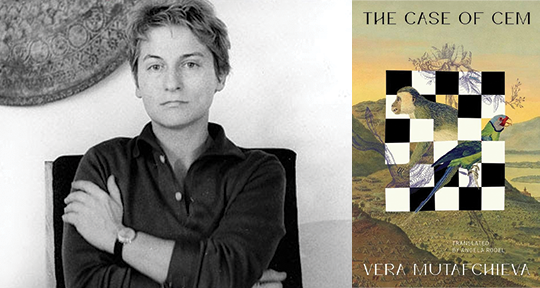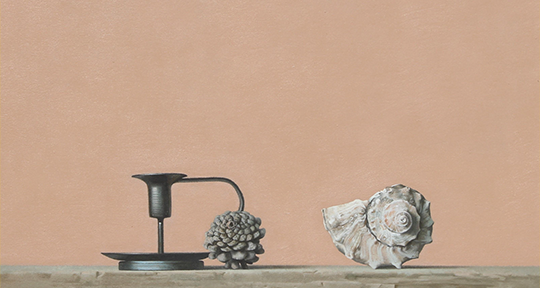This week, our editors-at-large report on prizes in Macedonia, literary festivals in Hong Kong, and unexpected literary losses in Bulgaria. Read on to find out more!
Sofija Popovska, Editor-at-Large, reporting from North Macedonia
The Slavko Janevski Foundation, a Macedonian foundation dedicated to the advancement and promotion of cultural values, recently selected Edinstven Matičen Broj (which translates to Unique Master Citizen Number) by Lidija Dimkovska as the novel of the year for 2023.
Lidija Dimkovska was born in1971 in Skopje. She is a poet, novelist, and translator, whose literary interests and expertise extend beyond national borders and include early Macedonian poetry, contemporary Slovenian poetry, and contemporary minority and migrant writing in Slovenia. Currently based in Slovenia, Dimkovska works as a freelance translator of Romanian and Slovenian literature. Her work has been translated into 15 languages, including English, German, French, Romanian, Slovenian, Croatian, Polish, Serbian, and Albanian. English translations of her work include the poetry collection Do Not Awaken Them with Hammers—translated from the Macedonian by Ljubica Arsovska and Peggy Reid, and published in 2006 by Ugly Duckling Presse—and What Is It Like?—selected poetry translated by Ljubica Arsovska, Patricia Marsh and Peggy Reid and published in 2021 by Wrecking Ball Press—which made World Literature Today’s 75 Notable Translations of 2022 list. Her poetry has been described as “honest and uncompromising” by the writer Goce Smilevski; Edinstven Matičen Broj is no different. Named after an identification number assigned to every citizen of the Socialist Federal Republic of Yugoslavia, it offers an unflinching study of identity loss and dehumanization.
“The question that I ask in the novel and that each of us should ask is whether we really exist, even when we have a unique master citizen number, and that question everyone should answer separately, individually and, perhaps, only in silence of their heart,” said Dimkovska at a recent press conference. The jury at Slavko Janevski highlighted her “acute sensitivity to zeitgeist”, which has allowed Dimkovska to dramatize the abstraction of “rootlessness and displacement” in “concrete life scenarios”. Her prose devastates with its candor—she writes in a clipped and probing narrating voice, reminding readers of “[m]oments when you can no longer breathe in the cramped apartment, when you are so lonely and alienated from the people who should be close to you, that you simply have to go somewhere so as not to lose yourself.” READ MORE…




